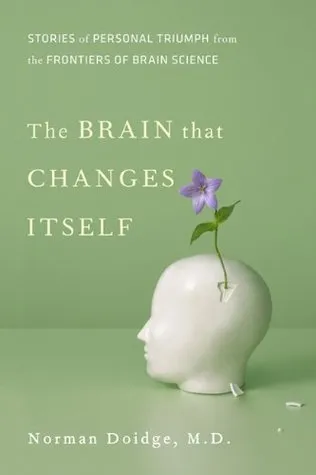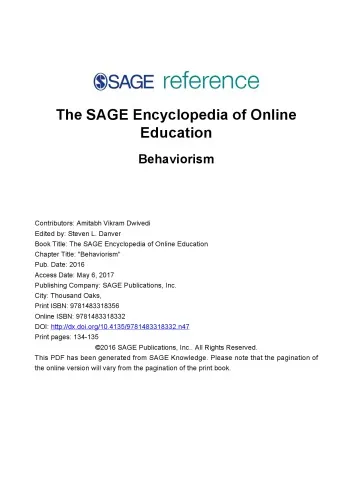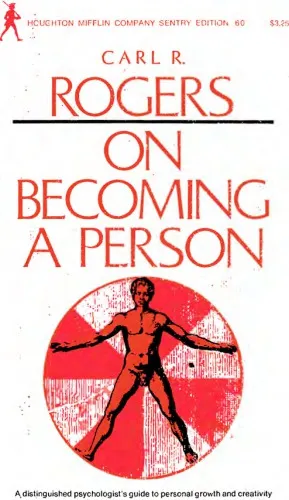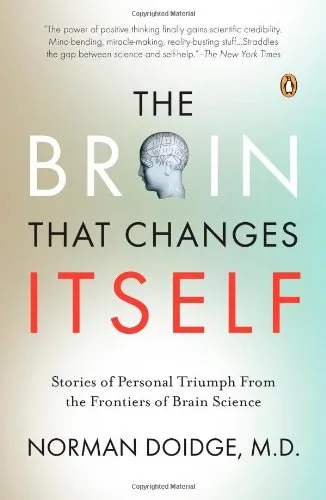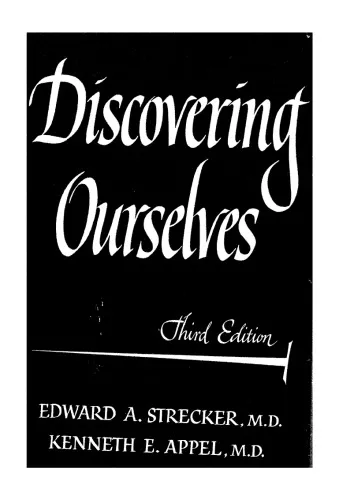The Brain that Changes Itself: Stories of Personal Triumph from the Frontiers of Brain Science
4.5
Reviews from our users

You Can Ask your questions from this book's AI after Login
Each download or ask from book AI costs 2 points. To earn more free points, please visit the Points Guide Page and complete some valuable actions.Related Refrences:
Introduction
"The Brain that Changes Itself: Stories of Personal Triumph from the Frontiers of Brain Science" by Norman Doidge portrays a revolutionary narrative about the human brain's adaptability. This seminal work introduces readers to the groundbreaking discoveries in the field of neuroplasticity, proving that the brain is capable of change throughout life. Through captivating stories and scientific analysis, Doidge challenges the traditional view that the adult brain is rigid and unchanging.
Detailed Summary
The book is a captivating exploration of the brain's capacity to transform, rewiring itself in response to experience, behaviors, and injury. Doidge takes his audience on a journey through the history and development of neuroplasticity, the concept that the brain is not static but rather a pliable organ that can adapt and heal. Through a series of case studies and empirical research, he illustrates how individuals with various brain injuries and neurological disorders have found new ways of thinking, perceiving, and living, attributing these miraculous changes to the brain's plastic nature.
The narrative weaves through different scenarios such as stroke victims regaining mobility, people overcoming learning disorders, and others recovering from the aftermath of trauma. The book discusses prominent scientists and physicians who have pioneered research into this flexible brain structure, effectively overturning centuries of established neuroscience dogma.
Key Takeaways
- The brain is capable of constant change and adaptation, a concept known as neuroplasticity.
- Through conscious effort and rehabilitation, individuals can effectuate this change to overcome limitations and recover lost functions.
- Stories of recovery and transformation highlight the role of therapies that leverage neuroplasticity.
- These findings challenge traditional beliefs about brain function and permanence of brain damage.
- The brain's adaptability underscores the importance of continuous learning and mental challenges throughout life.
Famous Quotes from the Book
"Neurons that fire together wire together."
"The idea that the brain could change its own structure and function through thought and activity was, until recently, considered science fiction."
Why This Book Matters
"The Brain that Changes Itself" is an essential read for anyone interested in the mysteries and capabilities of the human brain. It matters because it challenges existing beliefs and opens up new possibilities for dealing with a variety of neurological conditions. Doidge's work is instrumental in making advanced neuroscience and complex scientific concepts accessible to a general audience. By providing real-life examples of the brain's plasticity, the book also offers hope and practical insights into enhancing mental health and cognitive abilities through conscious effort and innovation.
The implications of the findings presented in the book are far-reaching, suggesting that with the right strategies, both children and adults can overcome mental limitations. It emphasizes the power individuals have to influence their own brain function, encouraging proactive engagement with challenges as a path toward personal growth and health. This perspective can fundamentally shift how society views neurological disorders and rehabilitation.
Free Direct Download
You Can Download this book after Login
Accessing books through legal platforms and public libraries not only supports the rights of authors and publishers but also contributes to the sustainability of reading culture. Before downloading, please take a moment to consider these options.
Find this book on other platforms:
WorldCat helps you find books in libraries worldwide.
See ratings, reviews, and discussions on Goodreads.
Find and buy rare or used books on AbeBooks.
1455
بازدید4.5
امتیاز0
نظر98%
رضایتReviews:
4.5
Based on 0 users review
Questions & Answers
Ask questions about this book or help others by answering
No questions yet. Be the first to ask!
